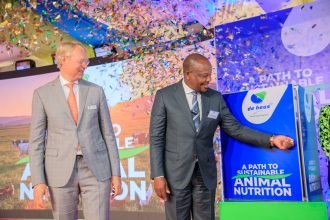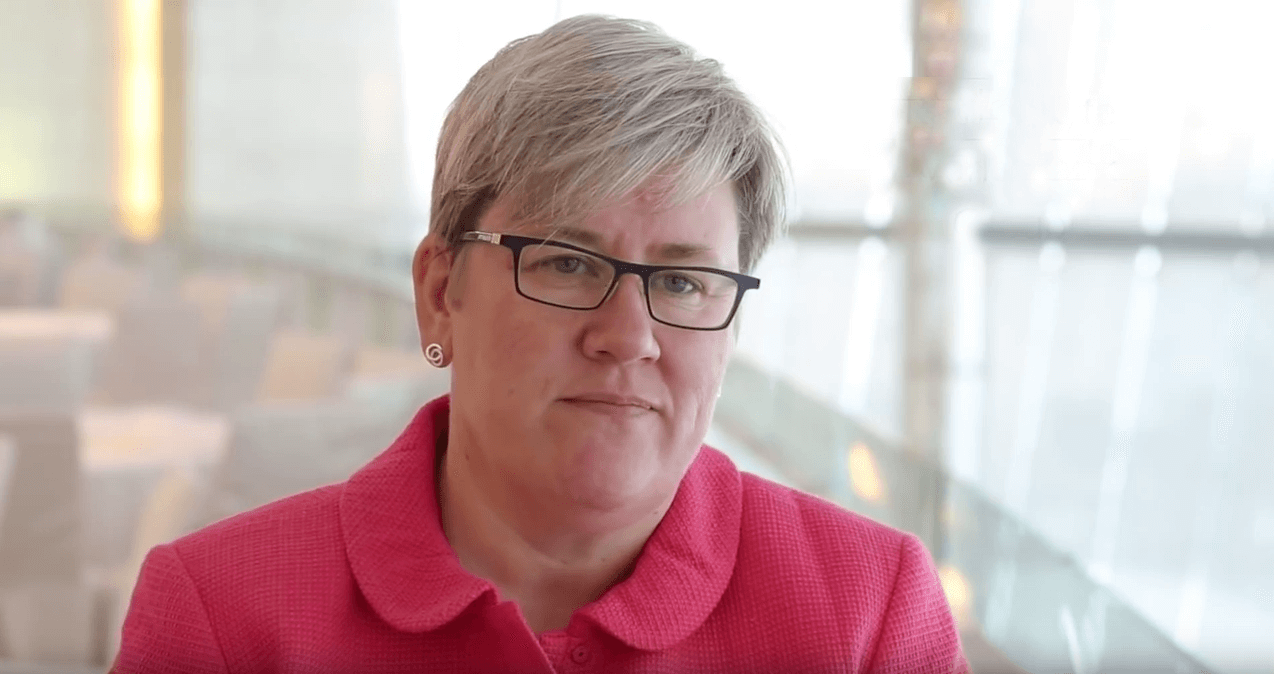Today, Powering Renewable Energy Opportunities (PREO) announced the recipients of its sixth funding round. Delivered by the Carbon Trust and Energy 4 Impact, Mercy Corps’ energy innovation platform, the programme will award €4.26 million in grants to 22 companies advancing clean tech solutions across sub-Saharan Africa.
These projects span key sectors including food value chains, climate-smart water systems, e-mobility, digital innovation, and clean cooking. Individual grants ranging from €100,000 up to almost €300,000 will support the scale-up of innovative projects that harness clean technologies to enhance livelihoods, increase incomes, and build climate resilience in the region.
PREO, which is funded by UK aid from the UK Government via the Transforming Energy Access platform and the IKEA Foundation, promotes the productive use of renewable energy (PURE) in sub-Saharan Africa and Pacific Island Countries to stimulate local economic development and support global progress towards the Sustainable Development Goals (SDG7, SDG8, SDG13).
The programme’s latest funding round attracted a record 613 eligible applications – roughly a 150% increase on the previous African call and the highest number in PREO’s history. In total, entrepreneurs requested over €115 million in funding and offered €73 million in co-financing, underscoring the rapidly expanding ecosystem of companies developing PURE solutions across Africa and the appetite for on-the-ground programmes like PREO.
The selection process, led by the Carbon Trust and Energy 4 Impact, alongside an independent expert investment committee, was carefully designed to identify proposals that best aligned with PREO’s strategic objectives, ensuring the greatest possible impact. While not all high-quality applications could be supported, the strong and diverse submissions highlight the growing momentum of innovators within the PURE sector, reinforcing its continued growth and investment potential.
Companies selected as part of PREO’s sixth wave represent a wide range of productive renewable energy applications:
Transforming food value chains:
Eight companies are tackling livelihood challenges caused by food spoilage, and lack of value addition through solar-powered processing and preservation solutions.
In Kenya, Agsol Kenya will deliver solar-compatible grain mills with pay-as-you-go (PAYGO) financing to enable small rural businesses to transition from diesel-powered processing, while Synnefa Green will provide solar-powered smart dryers integrated with Internet of Things (IoT) and digital traceability tools.
Samaking will commercialise a demand-driven farm-to-retail fish aggregation system across East Africa, leveraging solar-powered cold chain infrastructure and digital logistics. In Malawi, SolarWorks Energy will develop a ‘pay-as-you-catch’ consumer finance model for solar-powered night fishing lights to enable deep-water fishing on Lake Malawi.
Two women-led companies are scaling cooling solutions: Novel Farm in Uganda will roll out PAYGO solar-powered milk cooling systems with GPS monitoring, whilst Green Eden Farms in Nigeria will develop low-cost solar-powered cold storage hubs with a digital platform linking farmers to buyers.
Additionally, Munakyalo Agrofresh in Uganda will offer solar-powered IoT-enabled cooling hubs through a ‘pay-as-you-store’ system alongside market linkage services, and Consistent Energy in Nigeria will provide a cooling-as-a-service model with locally assembled, solar-powered freezers.
Climate-smart water solutions:
Five companies will address water resource challenges by advancing solar-powered solutions.
In Kenya, Irri Hub Ke will deliver a PAYGO farming-as-a-service model combining IoT-enabled solar water pumps with agronomy training. Delish & Nutri is bringing solar irrigation systems within reach of contracted farmers through a harvest-linked ‘pay-as-you-grow’ repayment system. SunCulture’s ‘JuaMaji’ initiative will pilot solar-powered water purification systems for rural businesses, providing PAYGO financing.
Women-led Kijani Testing, also based in Kenya, will develop quality assurance testing and after-sales support infrastructure for solar pumps, establishing arguably the first dedicated QA facility of its kind in sub-Saharan Africa.
Meanwhile in Nigeria, Spunvertek will deploy IoT-enabled solar pumps through flexible lease-to-own and pay-per-use financing models, enabling farmers to make in-kind rice repayments and access off-taker markets.
Accelerating the e-mobility transition:
Five companies are developing innovations to accelerate the adoption of e-motorcycles and three-wheelers.
In Kenya, Kiri EV will tackle affordability challenges for boda boda drivers (motorcycle taxis) by organising them into cooperatives that provide low-cost credit and accessible charging facilities. Ecobodaa is developing an AI-powered platform that leverages IoT data from motorcycles to enable more accurate risk assessment by financiers.
Stima Mobility in Kenya and ZED Motors in Benin are each developing distinct battery-swapping solutions for e-motorcycles. Stima Mobility will pilot an interoperable battery infrastructure and asset company that frees riders from proprietary swap networks whilst delivering financing and cost savings through software-as-a-service solutions. ZED Motors will integrate its e-motorcycles with a battery-as-a-service offering via automated solar-powered battery dispensers.
In Ethiopia, S&Y Electrical Material will establish an assembly facility for electric three-wheelers powered by lithium-ion batteries, helping to build local manufacturing capacity.
Digital platform innovation:
GreenBay Market in Kenya will build a digital marketplace focused on certified pre-owned and energy-efficient PURE appliances, whilst Koolboksin Nigeria will transform refrigeration access through its Koolbuy platform, enabling any freezer to become a smart, solar-powered, PAYGO asset for small businesses.
Clean cooking innovation:
Both Kenya-based, Feion Green Ventures will provide locally manufactured electric pressure cookers to institutional customers through a flexible cooking-as-a-service model, whilst Zuhura will pilot IoT-enabled hybrid bio-ethanol and solar-powered food vending carts for street food vendors through a PAYGO rental model.
“The clean energy transition is the greatest economic opportunity of our time, and it’s only through collaboration with entrepreneurs that we can fully unlock this. Through our Powering Renewable Energy Opportunities programme, the UK is backing clean tech innovators across sub-Saharan Africa to provide the clean energy solutions that their communities need”, said Rachel Kyte, UK Special Representative for Climate.
Kyte added that the innovation and creativity of these companies is truly impressive – and this modern, partnership-led approach to climate action is driving green growth and transforming livelihoods across Africa.
Richa Goyal, Programme Manager, IKEA Foundation said the IKEA Foundation believes that access to renewable, reliable energy is fundamental to building resilient communities. “Through our support for PREO, we are proud to be backing local entrepreneurs creating innovative, climate-smart solutions that improve incomes and accelerate the transition to a more sustainable future for their communities,” saod Riche.
Funded projects will run for 12 to 24 months, focusing on piloting new business models or adapting existing approaches that harness renewable energy for productive use. These grants will help generate crucial evidence around the viability and scalability of PURE solutions, stimulating private capital investment that can, in turn, drive economic growth while addressing critical climate challenges. The success of this funding round highlights PURE’s immense potential for transforming livelihoods across sub-Saharan Africa, while shining a spotlight on the continent’s burgeoning capacity for homegrown innovation in the clean energy sector.




